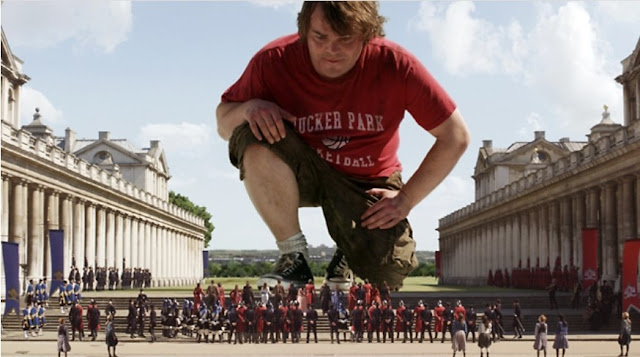What is the main idea of colonialism;
Robinson Crusoe is considered a colonial novel due to its portrayal of the imperialist attitudes and beliefs that prevailed at the time it was written and published. The novel depicts the superiority complex of white European colonizers in relation to other races, the concept of "civilization" of savages, cultural imperialism and the paternalistic attitude of European colonizers towards the people they colonized. The novel sheds light on the cultural, political and economic power dynamics of that time and reflects the beliefs and colonial era values.
Do you think Robinson Crusoe is a colonial novel;
Robinson Crusoe by Daniel Defoe is a classic novel that has fascinated readers for centuries. The novel is often analyzed through various critical lenses, including its historical context as a colonial novel. The colonialism in Robinson Crusoe refers to the era in which the novel was written and published, as well as to the prevailing imperialist attitudes and beliefs at the time. In this essay, I explore why Robinson Crusoe is considered a colonial novel and substantiate my answer in 750 words.
First, Robinson Crusoe is considered a colonial novel because of the attitudes and beliefs it portrays. The novel was published in 1719, when Europe was expanding its power and influence through colonization. The protagonist Robinson Crusoe is a white European who travels to a distant land and claims it as his own. Crusoe's attitude towards the land and the people he encounters is based on superiority and dominance. He considers himself a superior race and considers himself entitled to take whatever he wants, including land and its resources. This attitude is reflected in the way he treats the locals he meets, whom he considers inferior and savage. He enslaves a man he names Friday and converts Friday to Christianity, believing he is doing him a favor. Crusoe's attitudes and beliefs reflect the imperialist mindset of the time, when European powers believed they had the right to dominate and control the world.
Secondly, the novel can be considered a colonial novel due to the fact that it explores themes related to colonization. One of the central themes of the novel is the idea of a "civilization" of the savage. Crusoe believes he is superior to the natives he encounters and considers it his duty to civilize them. He teaches Friday English and converts him to Christianity, believing it makes him more civilized. This theme reflects the European colonizers' belief that they brought civilization to the "uncivilized" peoples they encountered in the colonies.
In addition, the novel also explores the theme of cultural imperialism. Crusoe imposes his European beliefs and values on the natives he meets and forces them to conform to his way of life. For example, he teaches Friday English, but also teaches him European customs and values. This theme reflects the cultural imperialism that prevailed during the colonial era, when European powers sought to impose their cultural beliefs and values on the people they met in the colonies.
In addition, the novel can be considered a colonial novel due to its portrayal of the relationship between the colonizer and the colonized. Crusoe's relationship with Friday reflects the relationship between European colonizers and the natives they encountered in the colonies. Crusoe initially views Friday as a savage and a potential threat. However, over time, he begins to see him as a faithful and loyal servant. These attitudes reflect the paternalistic attitude of the European colonizers towards the people they encountered in the colonies. They saw themselves as the protectors of the "inferior" peoples they encountered and felt it their duty to protect and guide them.
In conclusion, Robinson Crusoe can be considered a colonial novel because of the attitudes and beliefs it portrays, its exploration of themes related to colonization, its depiction of cultural imperialism, and its portrayal of the relationship between colonizer and colonizer. The novel reflects the imperialist mindset of the time, when the European powers believed they had the right to dominate and control the world. The themes and attitudes presented in the novel reflect the beliefs and values of the colonial era and shed light on the cultural, political, and economic power dynamics of the time. Thus, "Robinson Crusoe" remains a significant literary work, and not only



















